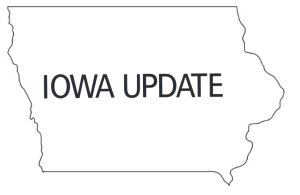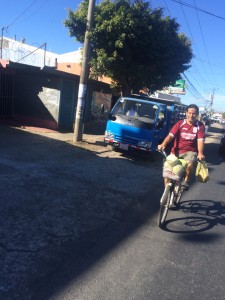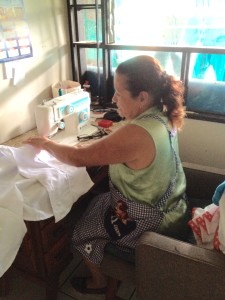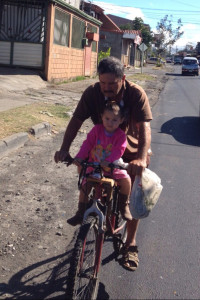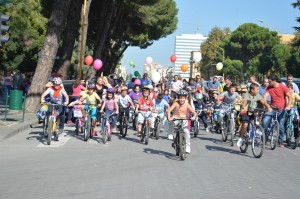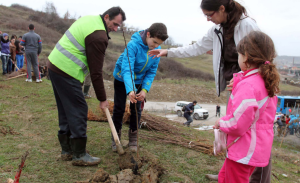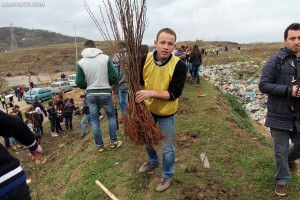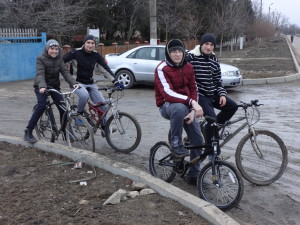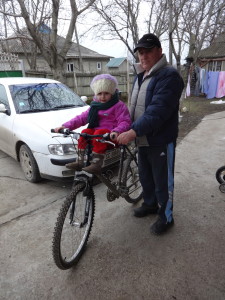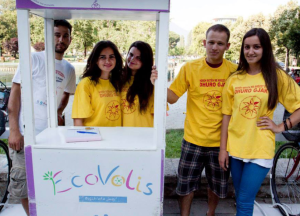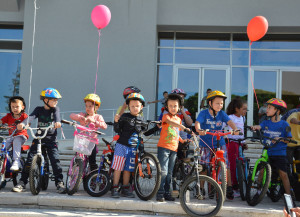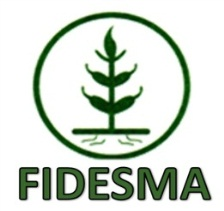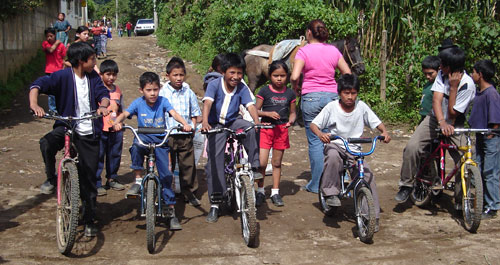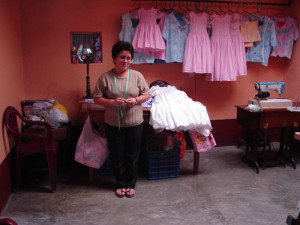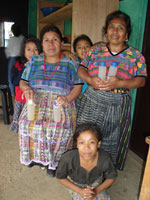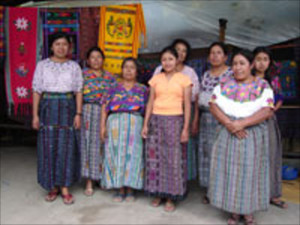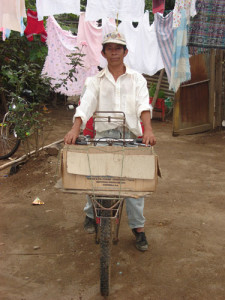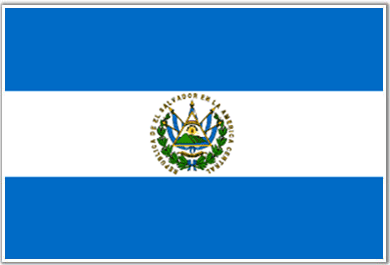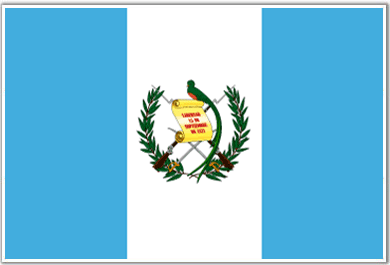by Alex Gutsaga
Spring 2015 InGear
Did you know that the #1 wine country in the world is still unknown? Imagine a friendly country, where everyone is eating fresh organic food, drinking clean domestic wine from grapes they have grown themselves, and all the local traditions are about hospitality and making guests happy—this is Moldova!
Moldova is a small country in Eastern Europe, with a population of about 3 million people. In 2014, Lonely Planet stated that it was the “least visited” country in Europe, and second-to-last visited in the world. In 2014 Moldova was visited by less than 5 thousand real tourists; it is practically unknown by international tourists and is considered “off the beaten path”.
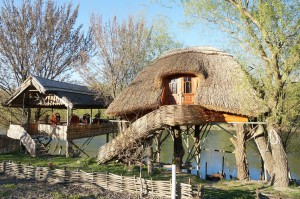
Moldovans usually have 2 houses in their garden. The first is old and small where the grandparents usually live and the second is new and much larger, about 5–7 times larger than first house. If you were to ask any tourist in which of these houses they thought people lived they would say, “Of course, in the large one”. But the same question asked of locals will show the opposite response: “Of course, in the small one”. The larger, new house is wasted!
We have decided to develop tourism in Moldova and at the same time help local people to rent their houses to tourists on a daily basis. We have 260 houses available for online booking in 60 different villages. All together there are about 2300 person/places to stay overnight. The project is called Hai la Țară, which in Romanian means: let’s go to the countryside. Most of the home owners are pensioners, receiving pensions of about $40–$50 a month.
Membership in our guest-house chain allows them to earn additional money for their living. Competitive per-person lodging and meal fees allow them to make another 2–3 pensions each month without any effort. It was enough to bring just a few tourists to these homes and the whole village knew about the opportunity to make money! In a short time each village has seen about 5–10 additional houses registered in the system. Tourists now have an opportunity to choose a place to stay according to available conditions and client reviews. Competition in the village makes a tectonic impact: local people start to make repairs inside their houses by installing toilets and hot-water showers. In the garden they put ethnic pieces from our local culture: cart wheels, jars of clay, handmade carpets, and so on.
Moldova is the largest per capita wine-grape growing country in the world. At a time when local people in France are prohibited to grow grapes and make wine, in our country it is the national culture! Every homeowner has their own cellar full of wine and a variety of conserved natural products. The food here is very delicious and hospitality is a part of our culture.
There is a need and desire to develop tourism in this country. But the number one problem that we face is this—what is there to do in the countryside? There are only a limited number of developed tourist attractions in the countryside. This is the reason why many of our customers do not stay longer than a few days. We need to have more tourist attractions. That’s why we are working on a new project called www.attractionsbylocals.com. It will allow local people to rent their boat, bicycle, or swimming pool; and even offer a culinary tour or wine-making tour along with many other offers made by locals.
Moldova is an excellent country for cycling tourism. Using our chain of guest houses, we could offer tours or bicycle rental for international tourists. With this perspective the bicycles from Pedals for Progress could be the just the right seed to bring thousands of tourists to Moldova and help local people earn a better income. With more bicycles we could create more attractions in the countryside, and create the opportunity for those living in the countryside to have more tourists.
We have already had tourists from 19 countries, including the U.S.A., Mexico, Chile, Canada, Australia, and even 2 groups from Japan! All of them enjoyed their vacations here! We invite all of you to spend a few weeks in Moldova—a most excellent country to be explored by bicycle!

